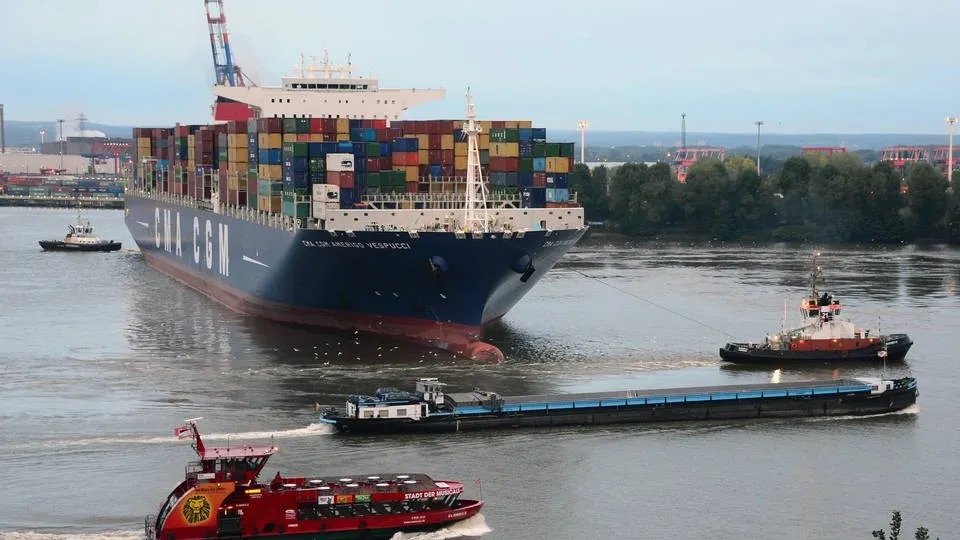U.S. Government Stands Firm Against Potential Global Carbon Tax on Maritime Trade
In a joint statement, U.S. Secretaries Marco Rubio (State), Howard Lutnick (Commerce), Chris Wright (Energy), and Sean Duffy (Transportation) voiced strong opposition to a proposed “Net-Zero Framework” by the International Maritime Organization (IMO) – a plan aimed at reducing global greenhouse gas emissions from the shipping sector.
The statement follows President Trump’s position that the United States will not support international environmental agreements that place an unfair economic burden on American industries or consumers.
Concerns Over Impact on American Consumers and Shipping Industry
According to U.S. officials, while the IMO framework is presented as an environmental initiative, it effectively acts as a global carbon tax on U.S. maritime trade, imposed by an unaccountable UN body.
The proposed fuel standards would:
Increase costs by mandating the use of expensive alternative fuels that are not yet widely available at a global scale.
Favor competitors like China, whose manufacturing supply chains could benefit from the policy.
Restrict the use of proven lower-emission fuels, including liquefied natural gas (LNG) and biofuels, where U.S. companies are technological leaders.
If implemented, vessels failing to meet the stringent requirements would face hefty emissions penalties, potentially in the millions, even for small ships. Officials warn this would sharply increase costs in international freight shipping, energy supply chains, and passenger cruise travel.
Administration’s Commitment to Protect U.S. Maritime and Trade Interests
The Trump Administration has unequivocally rejected the proposal, pledging to block any IMO action that raises costs for:
American energy providers
Shipping companies and logistics operators
Tourism and cruise industries
Everyday consumers
The U.S. is calling on fellow IMO member states to oppose the framework, signaling readiness to retaliate or seek alternative remedies if necessary to safeguard the nation’s logistics competitiveness and maritime economy.
What This Means for Global Trade and Logistics
If the IMO’s Net-Zero Framework moves forward without U.S. support, the global shipping industry could face new compliance costs and potential trade disputes. Stakeholders in import-export operations, freight forwarding, and international transportation should closely monitor developments, as any major regulatory shift in maritime emissions standards can significantly impact supply chain costs and delivery timelines.
Worldcraft Logistics’ View: Balancing Sustainability with Trade Realities
At Worldcraft Logistics, we recognize the urgent global need to address environmental concerns, particularly in industries like shipping that contribute significantly to greenhouse gas emissions.
However, sustainability goals must be pursued without destabilizing international trade or disproportionately burdening certain economies and supply chains.
In our experience, effective maritime environmental policy requires:
Technological neutrality, allowing a variety of proven and emerging fuel solutions including LNG, biofuels, and future innovations to compete fairly.
Realistic implementation timelines, giving shipowners, logistics providers, and fuel suppliers the time needed to adapt without causing market shocks.
Global coordination that ensures equity, so regulations do not unintentionally shift competitive advantages or place unequal strain on developing versus developed economies.
Shipping is the lifeline of global commerce. The path toward a low-carbon future in maritime transport must be collaborative, pragmatic, and economically sustainable, ensuring that environmental progress does not come at the cost of trade resilience, supply chain stability, and consumer affordability.





